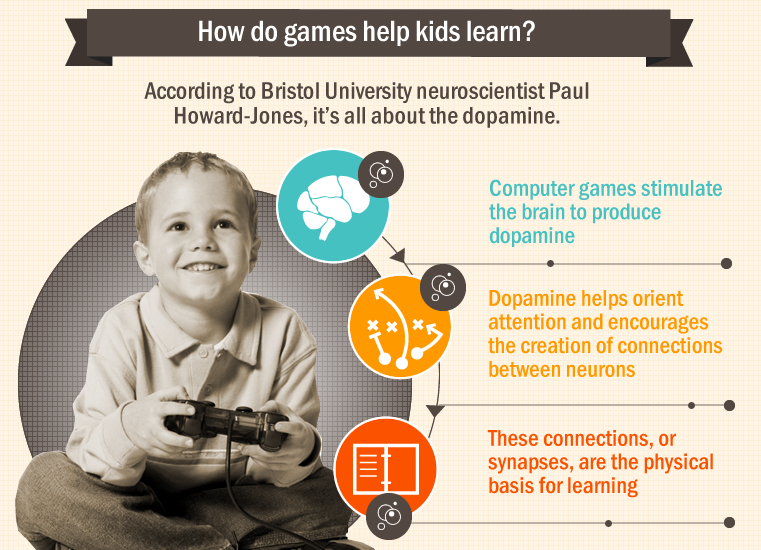When you think of your fondest childhood memories, do they involve pretend play? Mine do. Dress up, doctor, grocery store, teacher and beauty parlor to be specific. Child development experts know this isn’t just any childhood activity, pretend play serves a purpose in fostering language skills and cognitive development in children. For children with language disorders, pretend play is a great therapy technique. Today, however, you don’t need a set of dolls and teacups – the great people at Toca Boca have developed a line of pretend play apps. Now you can have a birthday party, tea party, build a robot and style your hair – without all the usual play props. Using your iPad, parents looking to incorporate at-home speech and language therapy activities, should consider using these great apps.
The Digital Dilemmas of Ebook Reading with Children
News
Ebooks are everywhere – from the classroom to the coffee table – and it’s apparent that this is changing the face of reading for our kids. According to a new report from Digital Book World and PlayScience, more than half of U.S. children are reading ebooks – that’s twice the number of adults! This includes platforms such as iPads, NOOKs and Kindle Fires. The report, “The ABCs of Kids & Ebooks: Understanding the E-Reading Habits of Children Aged 2-13”, finds that among children ages 2-13, 54% are reading ebooks. Most of these children, 85%, are doing so once a week. Knowing shared parent-child book reading is an integral part of language development and crucial for speech and language therapy – what do we really know about these books? Are digital stories really the same as paperback books? What are children gaining or losing as e-readers? Here’s the rundown:


